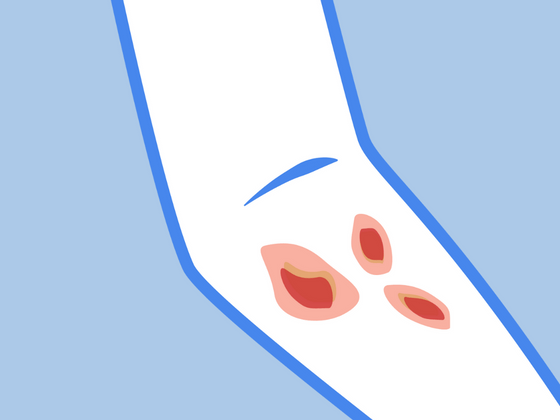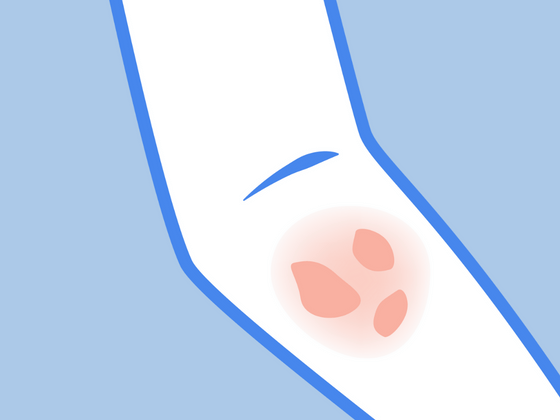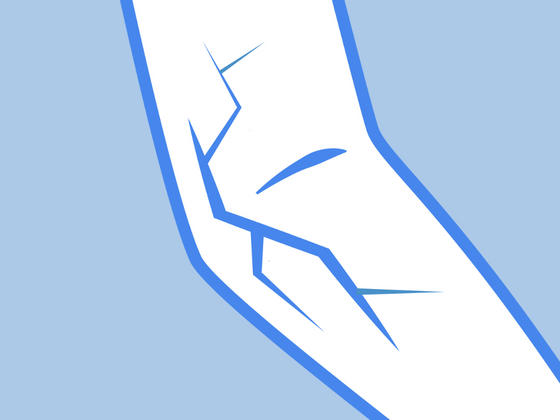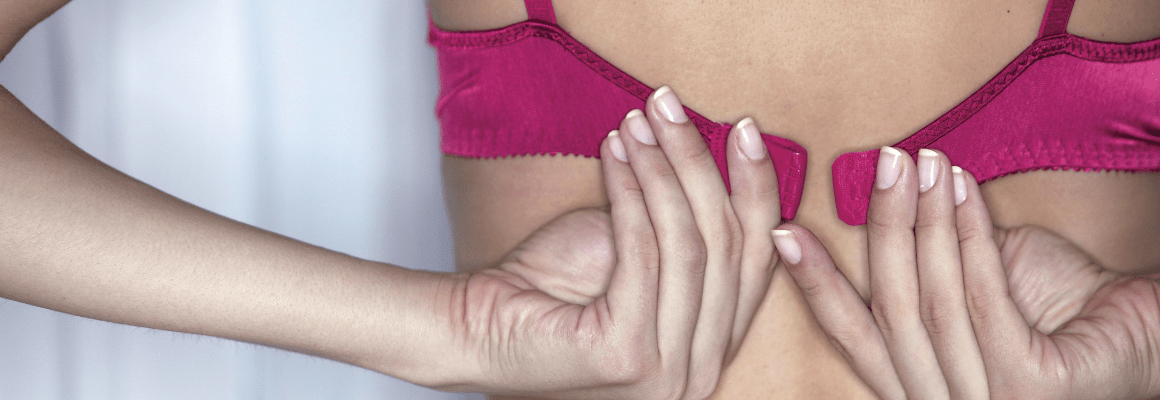Brr! The weather is getting colder and that means your skin is likely getting drier. Winter is a hard season for those with eczema as the changing temperatures and harsh, cold air can suck the skin of its natural moisture. It’s particularly hard on skin that is more likely to be exposed to the elements - such as the hands. In this post, we’ll provide the best treatments and prevention methods for hand eczema in winter.
Please keep in mind that although what we discuss in this post can relieve eczema, we are in no way medical professionals. If you’re experiencing severe eczema symptoms like an infection, it is best to seek medical advice immediately.
What is Hand Eczema?
Hand eczema is characterized by redness, dryness, and itchiness on the hands. In more severe cases, there may be even cracks and blisters. This is known as dyshidrotic eczema.
Hand eczema commonly affects those who work with their hands daily, such as hairdressers, health care workers, cleaners, and caterers. It can be triggered by contact with allergens such as perfumes, metals, rubber or leather – and extreme temperatures.
Winter Eczema Hands Treatment
Many people experience flare ups during the winter thanks to the dry air. While it’s likely impossible to avoid the elements altogether, there are thankfully some ways to combat the cold and control your eczema symptoms. Here are our top tips:
Moisturize Often
There's no better way to replenish moisture to your skin than by applying a natural cream or balm like beef tallow cream. We recommend this Emily Skin Soothers for Itchy Eczema. Containing just three Chinese herbs in a base of olive oil and beeswax, it’s safe for babies and adults alike. Apply it daily to soothe dry skin and give your skin the extra boost of hydration it deserves.
Use a Natural Soap
While it's important to wash your hands thoroughly, over washing can have a drying effect on your skin – especially if using a soap containing harsh chemicals or toxins. Instead, consider gentle eczema soap options. Natural soaps are always best. For dry, winter hands, we suggest this 20% Pine Tar Soap with Tallow. Sourced from grass fed and finished cows, it has anti-bacterial and anti-inflammatory properties that help soothe itchiness and heal the skin. If you want to benefit from a soothing soap and gentle moisturizer, check out our Body Essentials Bundle. It features the best of both worlds: our Organic Manuka Skin Soothing Cream and our Coconut and Sunflower Oil Soap.
Wash Gently
When washing your hands or showering, be sure to use lukewarm water as opposed to hot as hot water has a tendency to further dry out the skin. We also recommend you don’t immediately run your hands under water when coming inside from the cold. The sudden change in temperature can negatively affect your skin. Also be sure to pat dry with a towel instead of rubbing to avoid aggravating symptoms.
Protect your Hands with Gloves
These eczema gloves for adults and kids are great for protecting the hands from contact with allergens and protecting the skin from scratching. Made from TENCEL and zinc, they are super soft to the touch and have a cooling effect on the skin.
Keep your Hands Dry
While winter weather is usually wet, it’s important to keep your hands as dry as possible. If you’re coming inside from the rain or snow, be sure to immediately remove any wet or damp clothing. This will help prevent symptoms from getting worse.
References:
https://eczemahelp.ca/hand-eczema/
https://www.webmd.com/skin-problems-and-treatments/eczema/treatment-16/eczema-hands-feet








